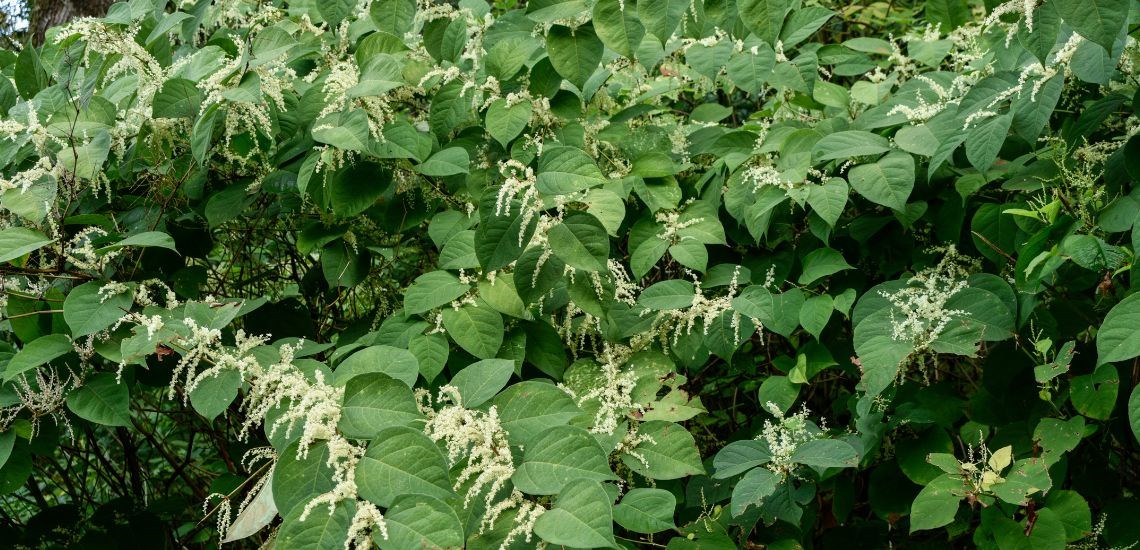How does Japanese knotweed affect value and lending?

Japanese knotweed is an invasive plant species that is very fast growing. It dies off in the winter down to ground level but by early summer bamboo like shoots surface which rapidly grow approximately 10cm a day to 7ft tall! This plant overpowers all other plant species and its removal is very difficult. It was introduced in the 1800s for botanical cultivation and from there on it was sold among budding gardeners and spread around the UK. It wasn’t classed as a pest species until the Wildlife and Countryside Act in 1981 and then classed as controlled waste under the Environmental Protection Act 1990.
In terms of lending, it all depends on how close Japanese Knotweed is to the property you are purchasing or selling, most lenders will not lend if Japanese Knotweed is present. Due to a recent update from the RICS, the invasive plant will now only affect the mortgage if:
- Management Category A - Japanese Knotweed seen on site and causing visible material damage to a significant structure
- Management Category B - Likely to prevent use of or restrict access to amenity space.
If knotweed is found in the boundary or within 3 meters of the boundary/property, the mortgage will not be affected, however, there is still a requirement for a treatment program to be in force to stop the plant spreading as required by law.